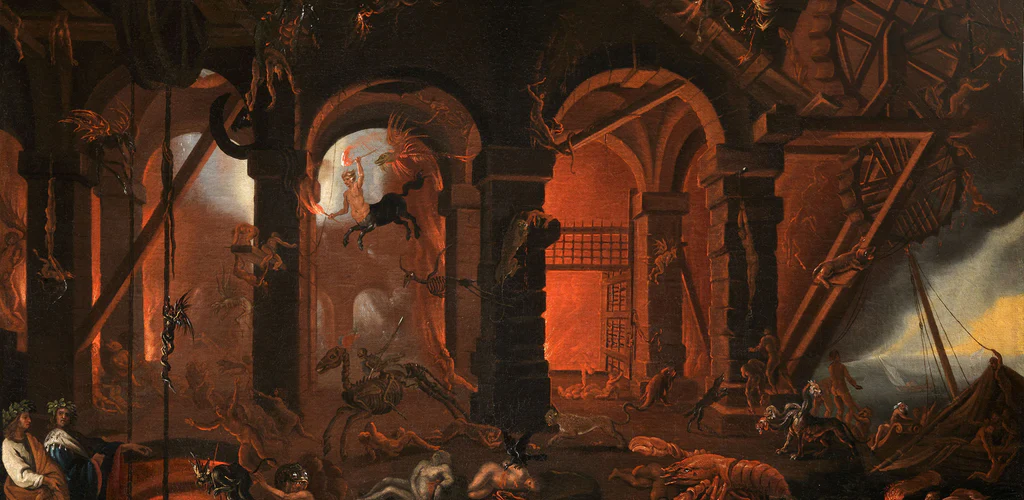Heaven & hell

by Theodore Dalrymple
To expect truth to emerge from the mouth of a politician is, I suppose, like expecting milk from a sea urchin or peaches from a stinging nettle. Therefore, when Jean-Luc Mélenchon, as persistent in seeking election in France as was the late, lamented Screaming Lord Sutch in Britain, said he was not claiming he would create paradise from one day to the next but he would put an end to hell, he was speaking with forked tongue at the least.
In the first place, his assertion that he would not create paradise from one day to the next suggested that such a paradise was attainable, given time and given people such as he to direct its attainment.
But if paradise were not immediately reachable, he stated that he would release people from the hell in which they were now living.
It is true that there is much dissatisfaction in France — as there is in most places in the world. It is also certainly true that many people there have difficult lives, especially those who live in big cities on small wages. I should not care to change places with them.
But hell? Surely this is going a little far? At the other end of Europe, after all, whole cities were being reduced to rubble even as Monsieur Mélenchon spoke. Upwards of 10 per cent of Ukraine’s population had fled. And I need not enumerate all the other various contemporary hells that exist, including the chronic hell of North Korea.
Does Mélenchon’s ridiculous use of a superlative epithet matter? I think that it does. When people are convinced that nothing worse can exist than that which they already experience, they do not stop to consider even the possibility that a policy advocated to release them from their “hell” might actually make things worse for them.
The road to hell is paved with exaggeration.
First published in The Critic.